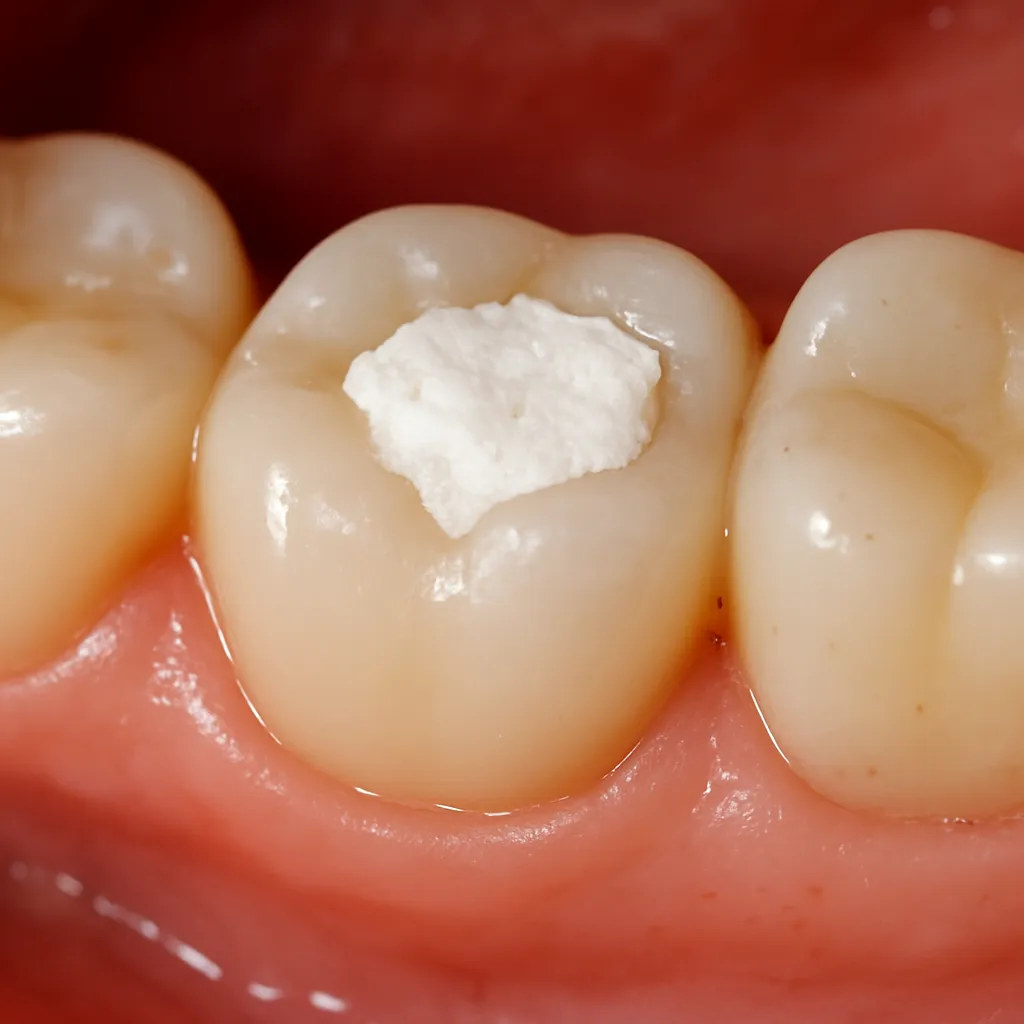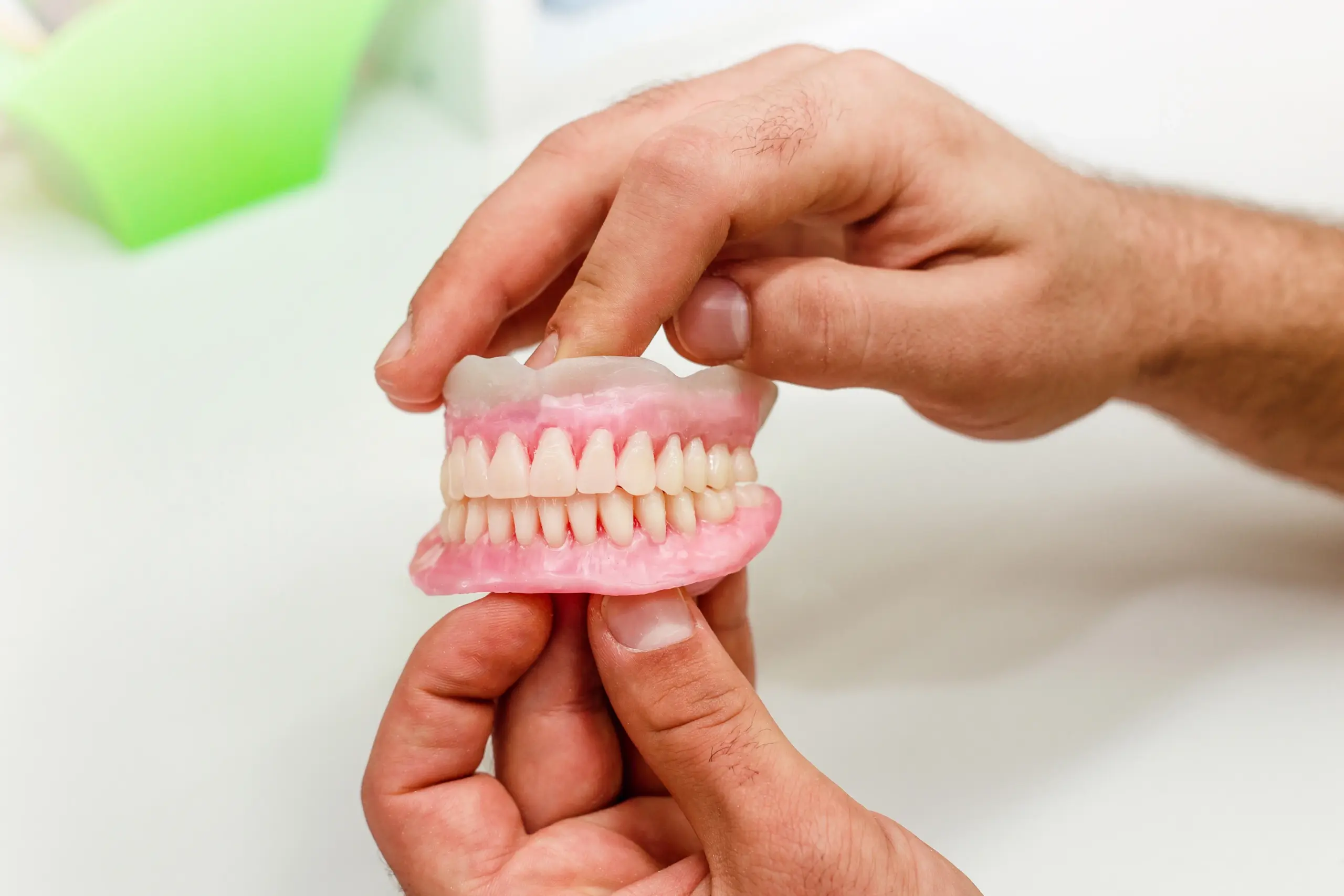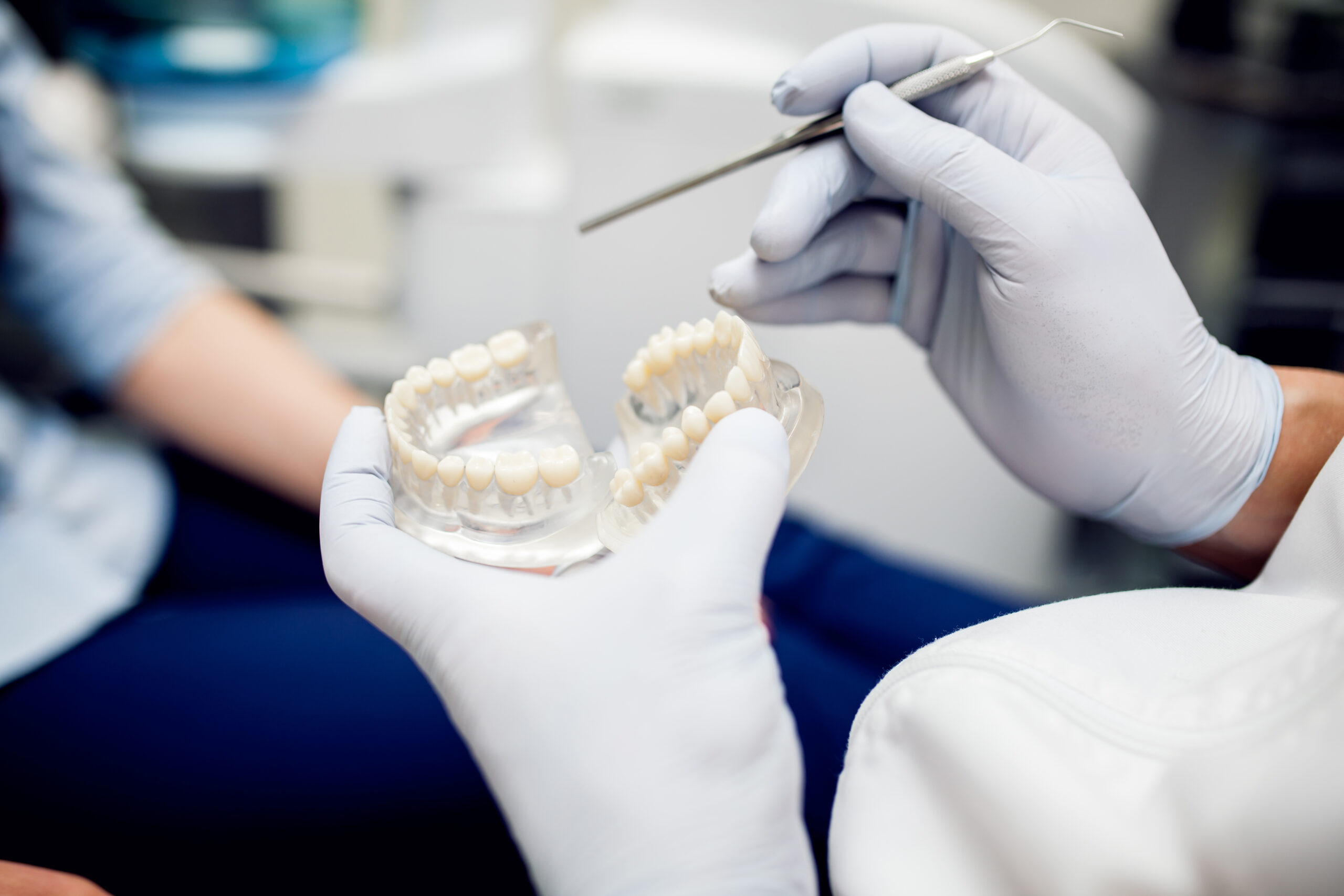Sensitive teeth can turn everyday activities like eating, drinking, and brushing into uncomfortable experiences. This common dental issue affects many people worldwide, prompting questions about its causes and the search for effective solutions. This blog explores the underlying causes of tooth sensitivity and offers practical advice on managing and preventing it, ensuring you can enjoy your daily routines without discomfort.
Understanding Tooth Sensitivity
Tooth sensitivity, or dentin hypersensitivity, occurs when the enamel protecting the teeth wears down, or when gum recession exposes the underlying surface, the dentin, making the nerves inside the tooth more susceptible to external stimuli. This can result in a sharp, temporary pain when exposed to hot, cold, sweet, or very acidic foods and drinks.
Common Causes of Tooth Sensitivity
Several factors can contribute to the development of sensitive teeth. Understanding these can help in identifying the best approach to manage and prevent sensitivity:
- Enamel Erosion: Caused by consuming acidic foods and drinks, aggressive brushing, or teeth grinding.
- Gum Recession: Often a result of periodontal disease, leading to exposure of the sensitive root surface.
- Tooth Decay: Cavities can lead to sensitivity around the affected area.
- Cracked Teeth: Chips or fractures in the teeth can expose the dentin or pulp, leading to sensitivity.
- Recent Dental Work: Procedures such as fillings, teeth whitening, or braces can temporarily increase teeth sensitivity.
Solutions for Managing Sensitive Teeth
Dealing with sensitive teeth involves both in-office dental treatments and at-home care strategies. Here are some effective solutions to help reduce sensitivity:
In-Office Dental Treatments
- Fluoride Gel or Varnish: Application by a dentist can help strengthen tooth enamel and reduce pain.
- Bonding, Crowns, or Inlays: These can fix a decayed or flawed tooth that may be causing sensitivity.
- Surgical Gum Graft: If gum tissue has been lost from the root, this procedure can protect the root and reduce sensitivity.
- Root Canal: Recommended for severe sensitivity that doesn’t respond to other treatments, this procedure treats the dental pulp.
At-Home Care Strategies
- De-sensitising Toothpaste: Contains compounds that help block transmission of sensation from the tooth surface to the nerve.
- Soft-Bristled Toothbrush: Reduces gum erosion and enamel wear.
- Avoid Acidic Foods and Drinks: To prevent further enamel erosion.
- Use a Fluoride Mouthwash: Helps reduce sensitivity.
- Proper Oral Hygiene: Brushing twice a day and flossing daily to keep your mouth clean and reduce the risk of conditions that can lead to sensitivity.
Preventing Tooth Sensitivity
Prevention is always better than cure, especially when it comes to dental health. Here are some preventive measures to keep your teeth healthy and reduce the risk of developing sensitivity:
- Maintain Good Oral Hygiene: Regular brushing with fluoride toothpaste and flossing can prevent conditions leading to sensitivity.
- Use the Right Brushing Technique: Gentle, circular motions with a soft-bristled brush can minimise enamel wear.
- Wear a Mouthguard: If you grind your teeth at night, consider getting a custom mouthguard to protect your teeth.
- Regular Dental Check-Ups: Routine visits to the dentist can help catch and address issues before they lead to sensitivity.
Sensitive teeth can significantly impact your quality of life, but with the right care and treatment, you can manage the discomfort and even prevent it from occurring in the first place.
In Summary
Are you struggling with sensitive teeth and looking for personalised care and solutions? Birchgrove Dental is here to help. Our experienced team offers a range of treatments tailored to address the root cause of your sensitivity, ensuring you can get back to enjoying your life without the pain. Don’t let sensitive teeth hold you back. Contact Birchgrove Dental today and take the first step towards a comfortable, pain-free smile.
In summary, while tooth sensitivity can be a challenging condition, understanding its causes and implementing effective solutions can significantly alleviate discomfort and improve your oral health. With the right approach, you can enjoy your favorite foods and drinks without fear of pain, ensuring a happier, healthier smile.




